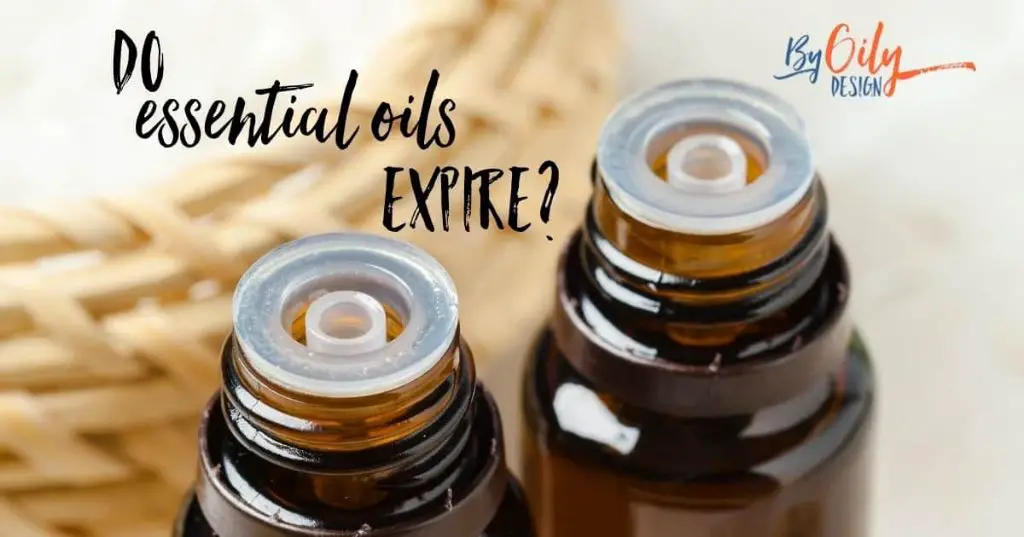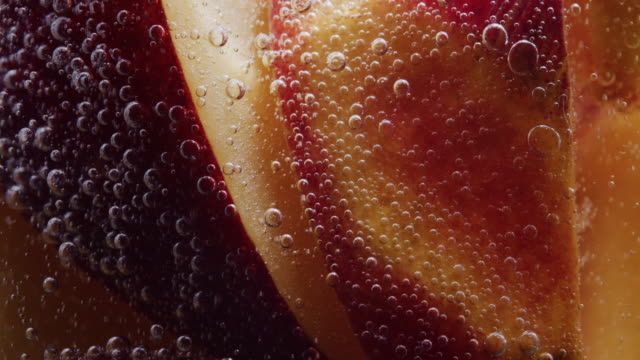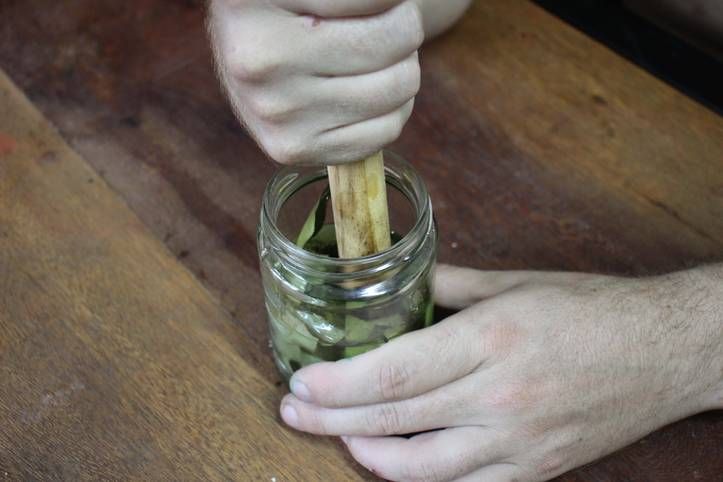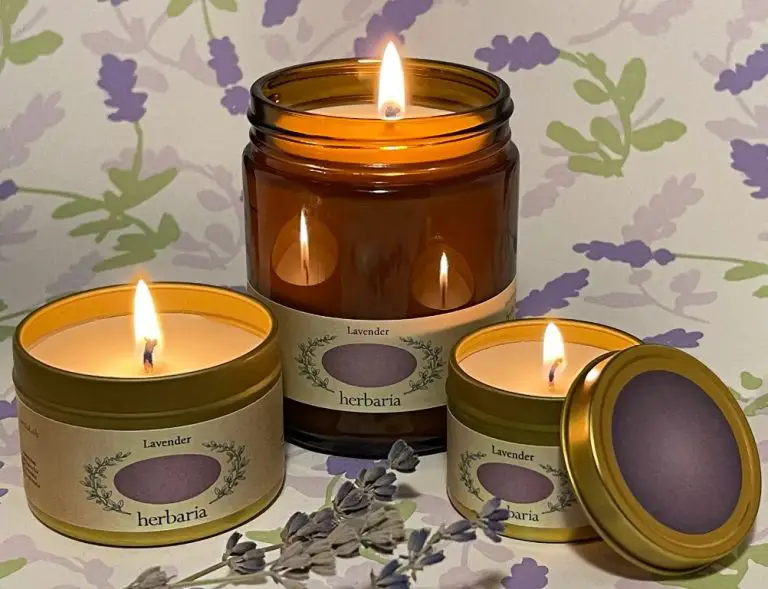Do Essential Oils Expire Or Go Bad?
Essential oils are aromatic, concentrated plant extracts that are used in aromatherapy, cosmetics, cleaning products, and more. In recent years, essential oils have exploded in popularity around the world due to their purported health benefits and versatile uses. The global essential oils market was valued at over $23 billion in 2022 and is expected to grow steadily in the coming years.
With the rising popularity of essential oils, many people wonder – do essential oils expire or go bad? Essential oils are plant-based, so it would seem they have a shelf life like any other natural product. This article will explore whether essential oils expire, how to tell if oils have gone bad, tips for extending shelf life, and proper disposal of expired oils.
What Are Essential Oils?
Essential oils are concentrated extracts derived from the roots, leaves, seeds, or flowers of plants. They contain the natural smell and flavors of the plant and are obtained through distillation or mechanical methods like cold pressing.
Essential oils have been used for centuries in aromatherapy and natural medicine. The aromatic compounds in essential oils can provide various health benefits when inhaled or applied to the skin. They are commonly extracted from plants like lavender, peppermint, rosemary, tea tree, eucalyptus, lemon, and orange.
When extracted properly through steam distillation or mechanical pressing, essential oils maintain the natural scent and therapeutic qualities of the plant. Only a tiny amount is needed to provide aroma and potential therapeutic effects. Essential oils are highly concentrated and should always be diluted with a carrier oil before applying to skin.
Some of the potential uses of essential oils include relaxation, skin care, respiratory support, digestion, pain relief, headache relief, and as a sleep aid. However, more research is still needed to confirm many of the purported health benefits.
Do Essential Oils Expire?
Essential oils do not technically “expire” in the traditional sense like food and medications. However, the chemical composition and integrity of essential oils can deteriorate over time due to oxidation, light exposure, heat, and bacterial growth (Mihail, 2022 1).
Essential oils are very complex mixtures of many different naturally occurring chemicals. Over time, some of these components can evaporate or degrade. The deteriorated oil may lose its therapeutic potency and aromatic quality (Reynolds, 2022 2).
So while essential oils don’t have an expiration date, their composition changes slowly with age. Oxidation from exposure to light and air can speed up this process. High heat and moisture can also degrade essential oils more rapidly. For maximum potency and benefits, it’s best to use essential oils within a certain timeframe.
How Long Do Essential Oils Last?
The shelf life of essential oils can vary substantially depending on several factors:
Light exposure – Exposure to light, especially sunlight, speeds up oxidation and shortens the shelf life. Keep oils stored in dark amber or cobalt blue bottles.
Heat – Heat accelerates the breakdown of essential oils. Store oils in a cool, dark place between 50-80°F.
Oxygen exposure – Oxygen interaction promotes oxidation. Keep bottles tightly sealed and filled as close to the top as possible to minimize air.
Essential oil quality – Lower quality oils or adulterated oils degrade faster. Purchase high quality therapeutic grade oils.
Citrus oils like lemon, lime, and orange peel oils tend to have shorter shelf lives around 6 months to 2 years. More stable oils like frankincense, sandalwood, and patchouli may last 4-6 years. Most essential oils can last 2-5 years if properly stored.
Signs of Expired Oils
There are a few key signs that indicate an essential oil has expired or deteriorated in quality:

Smell – Expired essential oils will have an unpleasant, rancid, or chemical-like smell instead of the expected fresh aromatic scent. A strong alcohol odor can also indicate deterioration.
Color – The color of an essential oil can darken or change hues over time as chemical components degrade. For example, lemon oil may turn a brownish shade.
Viscosity – Essential oils may become thicker and cloudier or solidify at the bottom when they expire. The texture may change from thin and runny to thick like syrup or petroleum jelly.
Effectiveness – Expired oils lose their beneficial therapeutic effects. Using them may not give the expected results.
Trusting your senses is key – if an essential oil smells off, looks off, or feels too thick, it has likely gone bad and should not be used. Refer to a fresh unopened bottle to compare (source).
Extending Shelf Life
There are several ways to extend the shelf life of essential oils and delay oxidation:
- Store oils in dark glass bottles – Light can degrade the compounds in essential oils, so storing them in colored glass helps block light.
- Keep bottles tightly closed – Exposure to air can quicken oxidation, so keep lids tightly sealed.
- Store away from heat and light – Keep oils in a cool, dark place like a pantry or cupboard away from heat sources.
- Add antioxidants – Vitamin E oil can be added as an antioxidant to help preserve the oil.
- Only decant small amounts – Don’t repeatedly open the bottle, just pour out what you need.
- Use oils within 1-2 years for best potency.
Following proper storage methods can effectively double the shelf life of many essential oils, keeping them safe and effective for years. However, eventually the compounds will still start to degrade.
Safety Concerns
It’s important to exercise caution against using spoiled essential oils, as they can cause skin irritation or other adverse reactions. Rancid essential oils contain free radicals and peroxides that may be harmful to the skin.[1] If an oil smells or looks off, it’s best not to apply it topically or inhale it directly. Expired oils that have degraded in quality should also not be ingested, as consumption carries more risks than external use.
Certain essential oils, like citrus oils, contain compounds called furanocoumarins that become more concentrated as the oil ages. Furanocoumarins can increase skin photosensitivity and make one more prone to sunburn when exposed to UV rays.[2] Outdated oils may also be more likely to cause allergic reactions or skin irritation in those with sensitivities.
Never ingest essential oils unless they are high quality and you’ve researched safe dosing under the guidance of an aromatherapy practitioner or health professional. Any consumption or topical use of rancid essential oil comes with risks. When in doubt, it’s advised to throw old oils out to be safe.
Disposal
Properly disposing of expired essential oils is important for safety and environmental reasons. Essential oils should never be poured down the drain or placed in the regular trash, as this can contaminate water supplies and release volatile organic compounds into the environment.
The recommended method is to dilute the oil first. Add a carrier oil, water, vinegar, or baking soda to the essential oil in a 1:1 ratio or higher. This helps neutralize and dilute the oil. Pour the diluted oil mixture into an absorbent material like cat litter or sand. Allow it to fully absorb. Then place the absorbent material in a sealed plastic bag and discard in your regular household trash.
Baking soda is especially useful for absorbing and neutralizing essential oils. Make a paste by adding baking soda to the oil, letting it sit for a few hours or overnight, then throwing away the hardened paste. You can also sprinkle baking soda at the bottom of your trash can to help contain any oils that may leak out.
Never pour large amounts of undiluted expired oils directly into the trash or environment. Handle them carefully like a household hazardous material. With proper dilution and disposal, you can safely throw away rancid or old essential oils.
When in Doubt, Throw it Out
If you have an essential oil that you can no longer identify by scent or color, or you don’t know how old it is or how it was stored, it’s best to dispose of it. Even if an oil doesn’t show obvious signs of deterioration, its potency and beneficial qualities can diminish over time. An expired or low-quality oil is unlikely to provide the desired results and may even cause skin irritation or other adverse effects.
Don’t take chances with expired oils that have been subjected to heat, light, or oxygen. It’s not worth the risks. While some claim that rancid oils can still be used, research on their safety and efficacy is lacking.
For your own health and to get the best results from your oils, it’s prudent to discard them when their age or quality is uncertain. Oils are affordable enough that replacing a bottle whose freshness is in doubt makes sense.
Key Takeaways
Essential oils can expire and go bad over time. How long an essential oil lasts depends on proper storage conditions and the individual properties of each oil. Citrus and floral oils have shorter shelf lives of around 12-18 months, while woods, resins and roots can last up to several years.
Signs that an essential oil has expired include changes in smell, color, texture, or lack of effectiveness. Oils may smell rancid, musty, harsh, or lose their original scent profile when they go bad. Cloudiness, thickening, crystallization, and separation can also indicate spoilage.
To extend the shelf life of essential oils, store them in dark glass bottles out of direct sunlight and heat. Keep bottles tightly closed and use clean droppers to prevent oxidation and contamination. Refrigeration can prolong freshness for some oils like citrus varieties.
Expired oils should not be used, especially on skin or ingested, as they can cause irritation, allergic reactions or become toxic. Safely dispose of rancid oils by diluting with a carrier oil and placing in the trash. When in doubt about an oil’s freshness, it’s best to throw it out and replace it.




